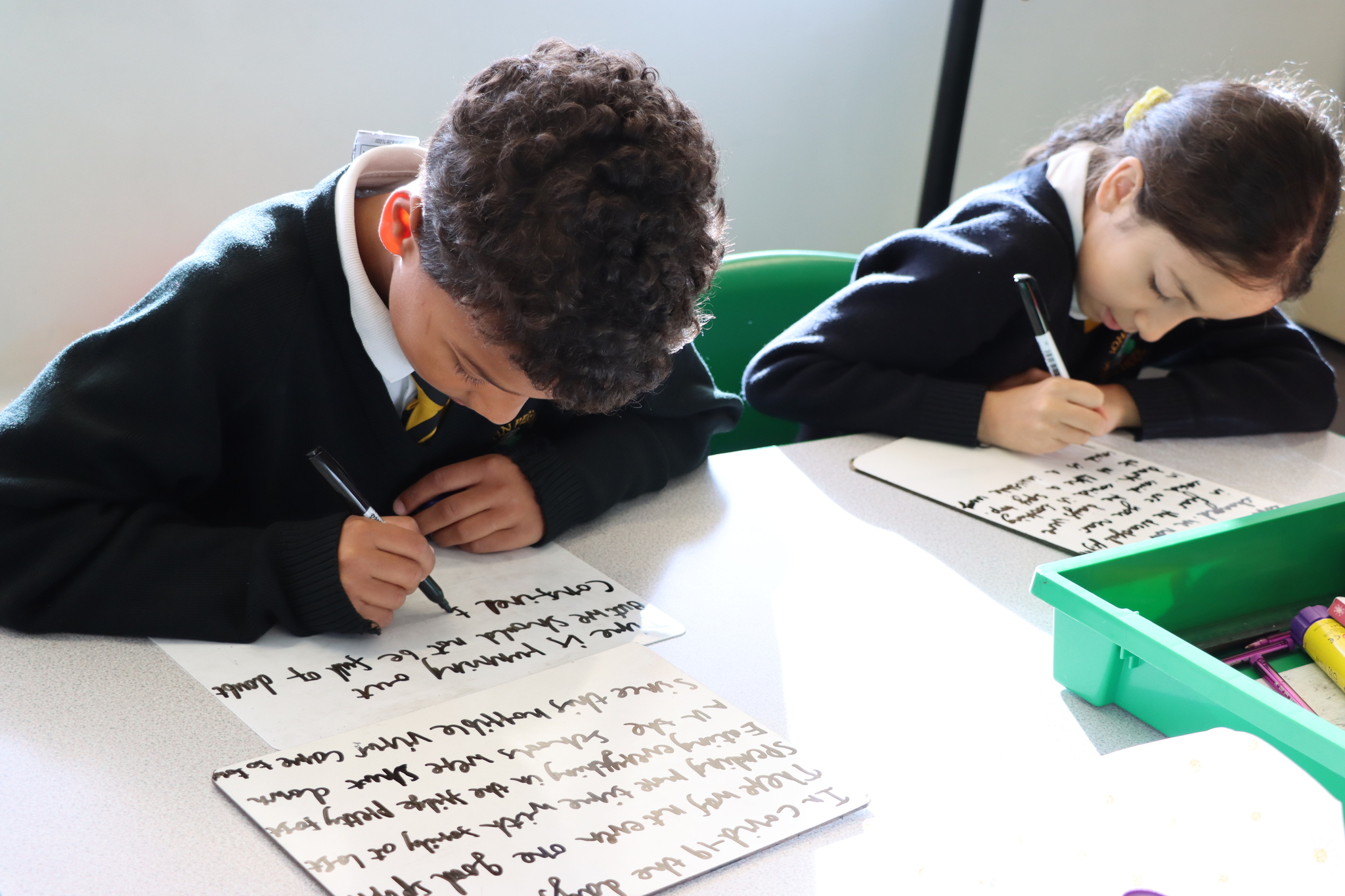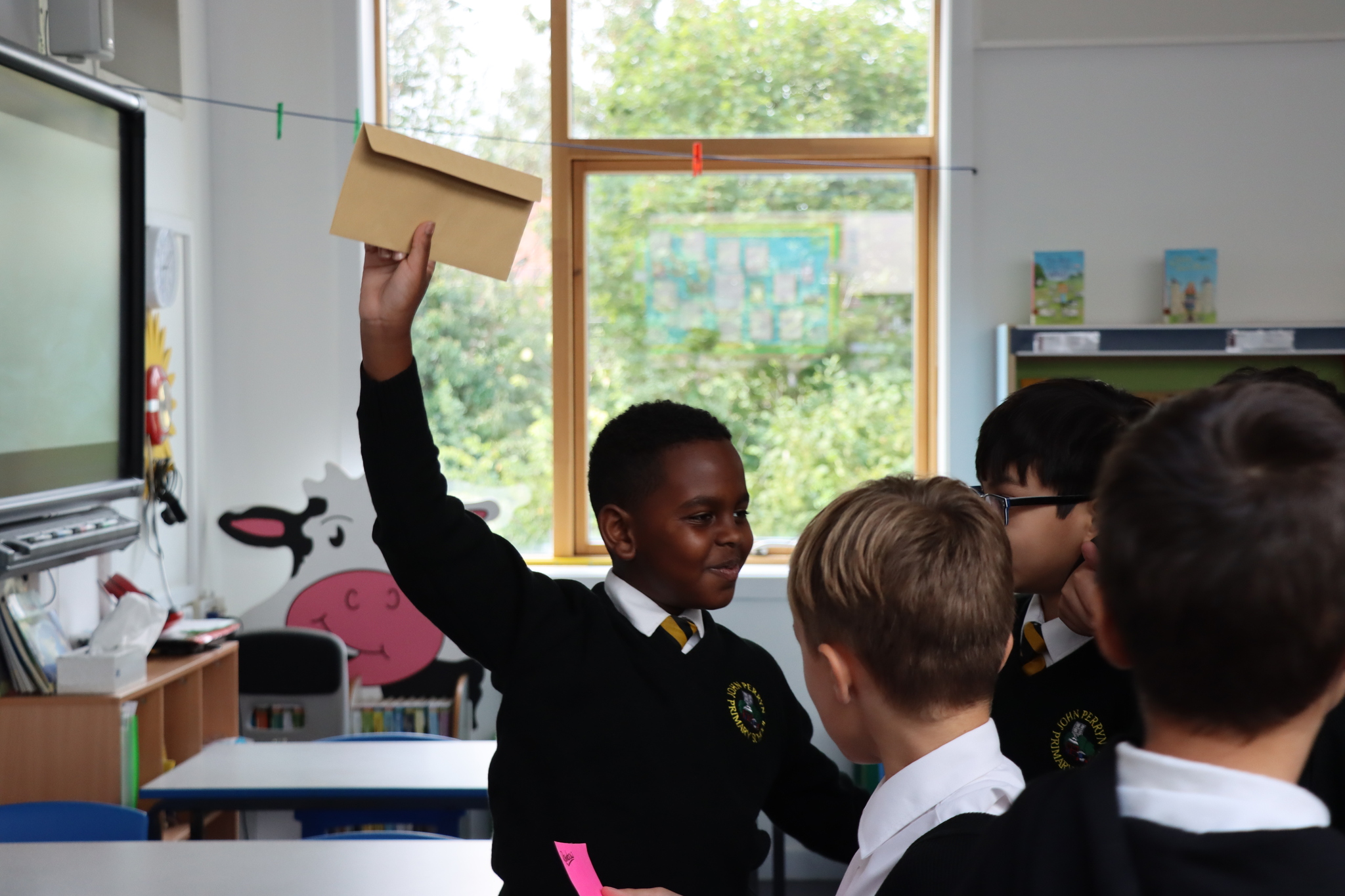Assessment at John Perryn
The government will not publish KS2 school level data for the 2021 to 2022 academic year. They have archived data from the 2018 to 2019 academic year because they recognise that the data from that year may no longer reflect current performance. The last published assessment data from John Perryn is from the 2018/19 academic year and can be found here:
Intent
Accurate assessment is crucial to ensure that children make the progress of which they are capable. At John Perryn, we believe that the better our staff know their children, the faster we can move them on in their learning. We also believe that assessment should not be onerous and/or a burden for our staff. We constantly review our assessment systems to ensure that they are fit for purpose.
Implementation
At John Perryn, we use both formative and summative assessment to assess our children. Additionally, there are several statutory assessments that we are required to submit to the government at key points in a child’s academic journey. These are explained below.
Reception Baseline
From September 2021, it became statutory for all children in Reception to be assessed using a government baseline within the first six weeks of them starting school. The children are assessed in communication and language, reading and maths. These results are not reported nationally but will be used to measure progress when the current Reception children leave Year 6 in the 2027/2028 academic year.
Year 1 Phonics Screening
Children in Year 1 have a 40-word phonics test in June. This test has both real and 'alien' or made-up words, and is designed to identify children, who may need support in reading. The test is administered by a familiar adult in a relaxed situation. Children who do not meet the required standard need to re-take the test at the end of Year 2 to ensure they are ready for the Key Stage 2 curriculum. These results are reported nationally and to individual parents.
End of Key Stage One tests
Children in Year 2 take statutory tests (often called SATs) in reading and maths and, optionally, in grammar. These tests are administered by the class teacher throughout the month of May. The tests are used to help teacher assessment. The results are moderated by the local authority to ensure accuracy of assessment. The framework that the children will be assessed against can be found here. These tests were scheduled to finish in 2021 but, due to the delay of the Reception baseline during the pandemic, the government have announced that they will continue this year.
Year 4 Multiplication Check
This check was due to be introduced in 2020 after a pilot in 2019 but was delayed due to the pandemic. All Year 4 children will have to complete an online times tables test with calculations from all times tables from 1 to 12. Having quick recall of times tables is a key skill that helps understanding of more difficult concepts in maths.
End of Key Stage Two
All children in Year 6 who are working at an age appropriate level take formal tests (known as SATs) in reading, grammar and maths. Writing is assessed by the teachers over the course of the year and is moderated by the local authority. The framework that children are assessed against can be found here. The results of these tests and assessments are published nationally and are compared to the children’s Key Stage 1 results to show progress.

Although statutory assessment is important, at John Perryn, we believe that the most important assessment is that which takes place throughout each day and each lesson. Teachers use a variety of techniques throughout the lesson to ensure that they know that the children have understood their learning and can either provide support if they have not fully grasped something or extend their learning as necessary.
Teachers give feedback to the children through a variety of means: orally (both real-time in the lesson and afterwards), opportunities for peer and self-assessment and through marking (either identifying whether or not the Learning Intention (LI) has been met and/or more detailed marking where next steps are identified). Research shows that the most effective feedback is that which is done within the lesson. We are therefore currently reviewing our marking and feedback policy to better incorporate this within our lessons.
Writing is an on-going assessment process which is assessed using cards (ARE cards) with the key age related expectations for each year group. Each term teachers moderate these to ensure that they are accurately assessing their children.
Each term we have assessment week. Children across the school complete formal assessments using the PIRA (reading), PUMA (maths) and GAPS (grammar) from Rising Stars. Teachers then use this information to identify specific gaps either by pupil or cohort and can address that in their planning.
Assessment tracking
Assessment data is submitted three times per year and time is always given so that it is not an onerous process for teachers. This allows senior leaders to identify patterns across year groups or particular cohorts of children and ensure that all children are making good progress.
Performance Data
This is the performance data from the 2018/2019 KS2 tests and, due to the effects of the Covid-19 pandemic, may not reflect current performance.
.png)
